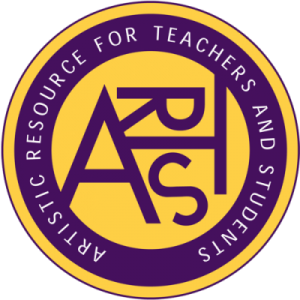DIY Plumbing: The Do’s and Don’ts for Beginners 😃💦🔧
Are you tired of calling a plumber every time something goes wrong with your plumbing system? Do you want to save some money and handle minor plumbing emergencies on your own? Well, you’re in the right place! In this blog post, we’ll be discussing some do’s and don’ts of DIY plumbing for beginners. Plumbing can be a daunting task, but with the right tools, knowledge, patience, and safety measures, you can handle common plumbing issues like a pro. So let’s get started and learn some essential tips for plumbing DIY style! 😊
1. DO Know Your Plumbing System 😃
The first essential step in DIY plumbing is to understand how your plumbing system works. It’s vital to know the location of shut-off valves, pipes, and equipment, and how they’re interconnected. Your home’s plumbing system comprises various complex elements, including sewer lines, drainage pipes, water pipes, and fixtures. Before you start any plumbing work, educate yourself on the basics of plumbing, and take time to review your home’s blueprint to see where everything is located. Understanding the plumbing system will help you tackle DIY repairs efficiently and prevent costly mistakes.
2. DO Have the Right Tools and Equipment 🔧
As the old saying goes, “the right tools make the job easy.” Plumbing tasks require specific tools and equipment that are readily available at your local hardware store. These tools include an adjustable wrench, pipe wrench, pliers, Teflon tape, plumber’s putty, a pipe cutter, and more. Before you start any plumbing DIY project, ensure you have everything you need to complete the task. Avoid using makeshift tools or making unnecessary trips to the hardware store during the project. Having the right tools and equipment saves you time and improves the quality of work.
3. DON’T Overestimate Your Plumbing Skills ❌
While there are many plumbing tasks you can handle on your own, certain jobs are better left to professional plumbers. For instance, complex plumbing installations, such as fixing gas lines or installing water heaters, require specialized training and expertise. Overestimating your plumbing skills can lead to costly mistakes and risk-free plumbing issues. Don’t hesitate to call a licensed and experienced plumber for complicated plumbing problems.
4. DO Put Safety First 🚧
Plumbing work involves handling hazardous materials, including chemicals, sharp tools, and electrical wiring. It’s crucial to put safety first when handling plumbing emergencies. Always wear protective gear such as gloves, goggles, and shoes, to protect yourself from injuries. Avoid smoking, drinking, or eating when handling chemicals or working on a plumbing system. Additionally, turn off the water and electrical supply and relieve any pressure from the pipes before starting any plumbing work. Safety should always come first when dealing with plumbing tasks.
5. DON’T Ignore Plumbing Issues 🔍
One of the worst things you can do to your plumbing system is to ignore minor issues until they turn into major problems. Minor leaks, clogs, and drips may seem unimportant, but over time, they can cause severe damage to your home and plumbing system. Don’t wait until it’s too late to handle plumbing emergencies; address them as soon as you notice the signs. Regular inspection and maintenance of your plumbing system will help prevent major problems in the future.
DIY plumbing can save you time and money while providing a sense of fulfillment. However, it’s crucial to follow the do’s and don’ts of plumbing for beginners to avoid costly mistakes and risks. Know your plumbing system, have the right tools and equipment, don’t overestimate your skills, put safety first, and don’t ignore plumbing issues. Remember, if you’re not confident or comfortable handling a particular plumbing task, call a professional leak repair in Califoirnia as a professional plumber. With these basic tips, you’re ready to tackle minor plumbing issues and become a DIY plumbing expert in no time. Happy plumbing! 😊💦🔧



